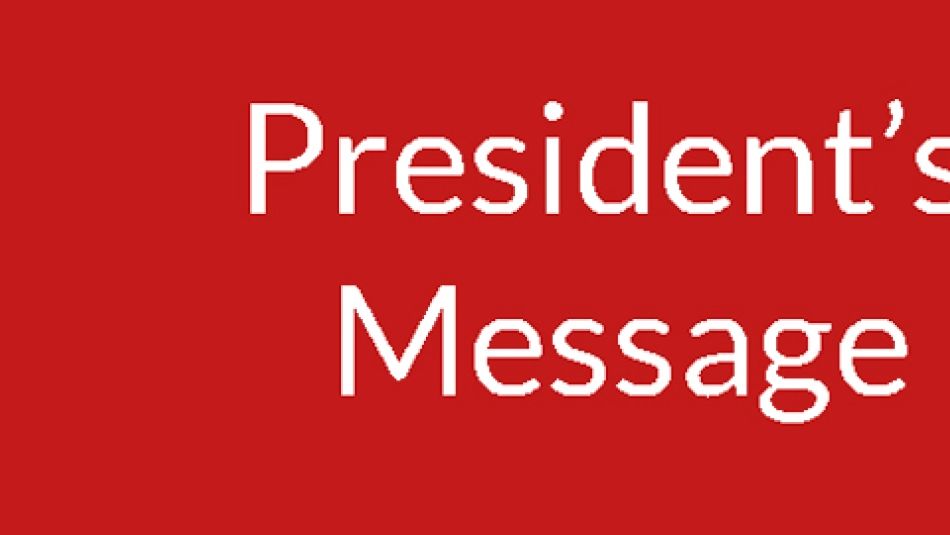
Share
Published in the Huffington Post June 16, 2016
Vote with your heart. Vote for the person in your area and the national party you believe will best address your biggest concerns.
That is the ideal of how elections are meant to work, and the guiding principle of those who have long advocated electoral reform to replace our current first past the post system with some form of proportional representation.
It's an important debate, and one our federal government is determined to have. It has even dedicated a Cabinet post to developing a new system of voting for this country.
I welcome that debate, and Unifor will certainly be involved in discussing the pros and cons of changing our electoral system -- including debates on the issue at our national convention to be held in August.
It is certainly easy to see why so many people like the idea of proportional representation.
Canadians were ruled for a decade by a Conservative government that did not have the support of most of the country. More people voted either Liberal or NDP than voted for the Conservatives, and yet the party of Stephen Harper was able to claim a mandate and impose massive and regressive changes to this country.
Thankfully last fall, voters ousted the Conservative by coalescing behind the Liberals to put an end to the destructive Harper era. But doing so meant voting strategically, meaning some voters were not able to cast ballots for their first choice and made the difficult decision to support the party they believed had the best shot at defeating the local Conservative.
Strategic voting is a reasonable response to an often unreasonable system of voting, and something I have advocated for in the past, however it meant that in the last federal election, some very good MPs -- including Megan Leslie in Halifax and Craig Scott and Peggy Nash in Toronto -- were defeated. The loss of these great legislators diminishes the entire House of Commons.
Making sure people get a chance to vote for the politicians they really want representing them is an important principle, and vital to maintaining voters' faith in the system.
That's why I welcome the Liberal government's move to reshape the makeup of the Parliamentary committee looking into electoral reform. Instead of having a majority of Liberals on the committee, in keeping with the Parliamentary tradition that committees reflect the seat distribution in the House of Commons, the 12-member committee is now made up of five Liberals, three Conservative, two NDPs and one seat each for the Greens and Bloc Quebécois.
Meaning the Liberals must win the approval of at least one other major party to get any proposed electoral changes through the committee, and on to the House for a vote.
The Conservatives, who have long opposed proportional representation (and, given how first past the post worked for them under Harper, that's hardly surprising), are now calling for a referendum on any new system of voting.
In other words, having lost the debate about whether to change the system, they are hoping to turn the process of change into such a circus that it never happens.
This isn't how democracy works in Canada. We elect people to represent us in government.
Voters have given our Members of Parliament a mandate to work out how to change our electoral process. They will be working through a committee that has been re-balanced to ensure no one party can dominate the debate, and there will be extensive public consultations on what is proposed.
This should give all Canadians comfort that their voices will be heard, as long as we take the opportunity to speak out when given the chance.
Unifor will take up that opportunity, guided by the direction given at our Convention in August.
I urge all Canadians to similarly get engaged on this very important issue, and make your voice heard.


